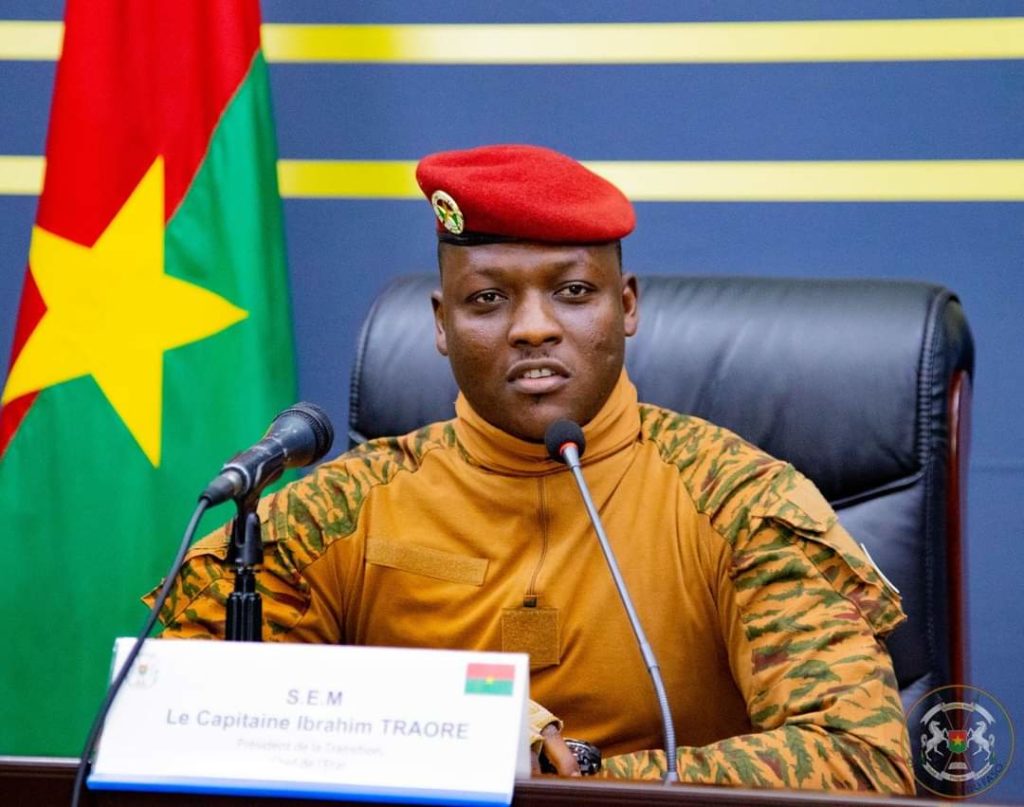In a landmark decision, President Ibrahim Traoré of Burkina Faso has announced the implementation of free education across all levels—from primary school to university. This initiative aims to eliminate financial barriers to education and promote equitable access for all citizens.
Background: Addressing Educational Challenges
Historically, Burkina Faso has faced significant educational challenges, including low literacy rates and limited access to schooling, particularly in rural areas. While education was legally free, the government often lacked the resources to provide universal access, leaving families responsible for costs such as school supplies and infrastructure.
The New Policy: Comprehensive Free Education
Also, under the new policy, all school fees have been abolished, making education entirely free from primary through tertiary levels. This move is part of President Traoré’s broader vision to prioritize education as a fundamental right and essential for national development.
Supportive Measures: Enhancing Student Welfare
To support this policy, the government has introduced several measures:
- Monthly Stipends for University Students: University students will receive a monthly stipend of 100,000 CFA francs to assist with living expenses.
- Free University Residences: Plans are underway to provide free housing for university students, ensuring that accommodation costs do not hinder access to higher education.
- Meal Provision: The government is working to provide students with meals at least twice a day, addressing nutritional needs and supporting academic performance.
Read Also: Government Cancels Sale of Ghanaian Diplomatic Properties in Nigeria and Zambia
Implications: Advancing Equity and Development
This comprehensive approach to free education is expected to:
- Increase Enrollment: By removing financial barriers, more children and young adults are likely to enroll and remain in school.
- Promote Social Equity: Equal access to education can help bridge socio-economic disparities and empower marginalized communities.
- Foster Economic Growth: An educated populace is better equipped to contribute to the nation’s economic development and innovation.
Challenges and Considerations
While the policy is ambitious, its success will depend on effective implementation, including:
- Infrastructure Development: Ensuring adequate school facilities and resources to accommodate increased enrollment.
- Teacher Recruitment and Training: Addressing the need for qualified educators to maintain quality education.
- Sustainable Funding: Securing long-term financial support to uphold the free education system.
A Step Towards Transformative Change
In A nut shell, President Traoré’s announcement marks a significant step towards educational reform in Burkina Faso. By prioritizing free education and student welfare, the government aims to create a more equitable and prosperous society. The success of this initiative will serve as a model for other nations striving to make education accessible to all.

